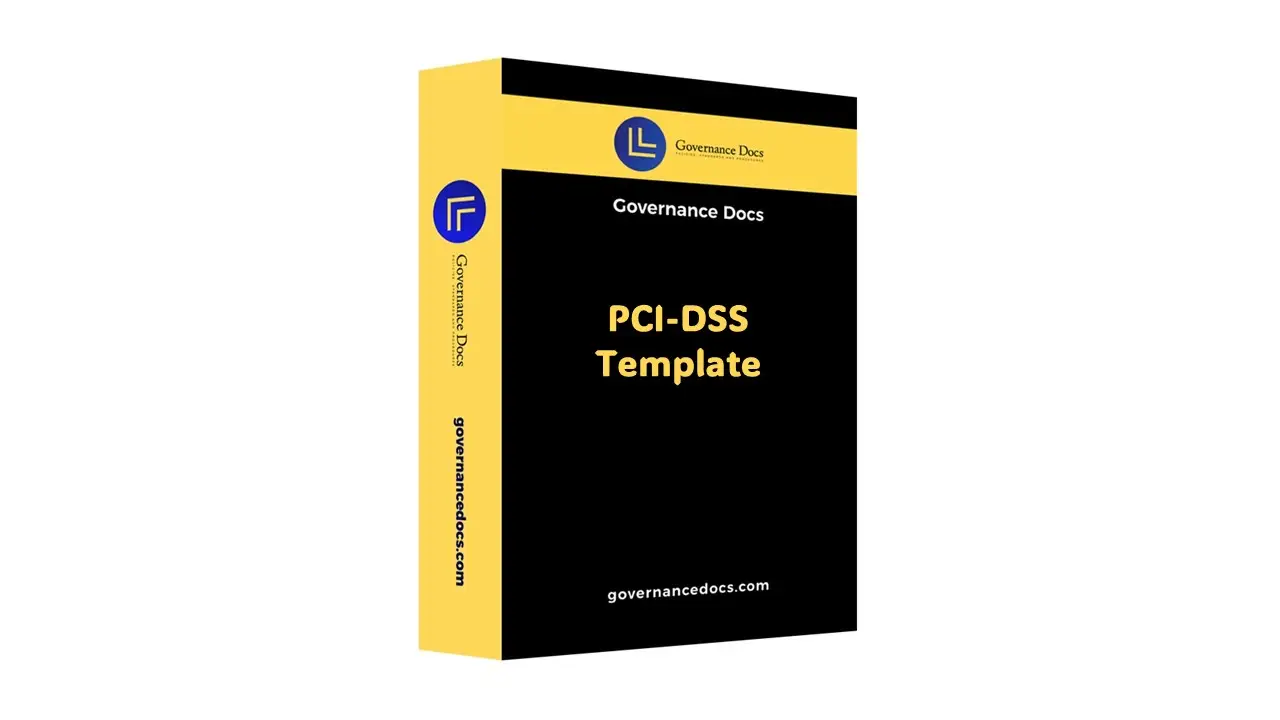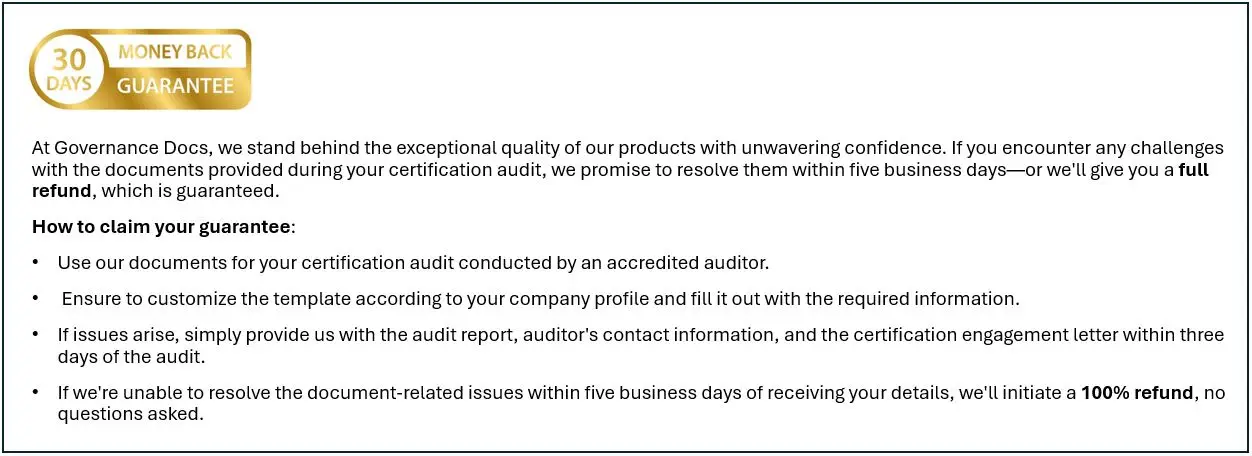Supplier Management Policy
In the intricate world of information security, where the stakes are high and the margins for error are razor-thin, the Supplier Management Policy emerges as a beacon of assurance and control. This policy is not just a document; it is a strategic framework designed to fortify the relationships with suppliers who handle or process cardholder data within PCI-DSS environments. As organizations navigate the complexities of compliance and data protection, this policy stands as a critical tool in their arsenal, ensuring that every link in the supply chain is robust and secure.
At its core, the Supplier Management Policy is a comprehensive guide that delineates the standards and practices necessary for managing supplier relationships effectively. It is meticulously crafted to align with the stringent requirements of the Payment Card Industry Data Security Standard (PCI-DSS), a set of security standards designed to protect card information during and after a financial transaction. By adhering to this policy, organizations can ensure that their suppliers are not just compliant but are also proactive in safeguarding sensitive cardholder data.
One of the key features of the Supplier Management Policy is its detailed framework for assessing supplier risk. It provides a structured approach to evaluate the security posture of suppliers, ensuring that they meet the necessary compliance requirements. This includes conducting thorough due diligence, regular audits, and continuous monitoring of supplier activities. By implementing these measures, organizations can mitigate potential risks and prevent data breaches that could have devastating consequences.
Moreover, the policy emphasizes the importance of clear communication and collaboration between organizations and their suppliers. It outlines the roles and responsibilities of each party, ensuring that there is a mutual understanding of expectations and obligations. This collaborative approach fosters a culture of transparency and trust, which is essential for maintaining strong and secure supplier relationships.
The benefits of the Supplier Management Policy extend beyond compliance. By adopting this policy, organizations can enhance their overall information security posture, reduce the risk of data breaches, and protect their brand reputation. It also provides a competitive advantage by demonstrating to customers and stakeholders that the organization is committed to maintaining the highest standards of data protection.
In terms of its value proposition, the Supplier Management Policy is an indispensable asset for any organization operating in a PCI-DSS environment. It not only ensures compliance with industry standards but also empowers organizations to take a proactive approach to supplier management. By implementing this policy, organizations can build a resilient supply chain that is capable of withstanding the ever-evolving threats in the digital landscape.
In conclusion, the Supplier Management Policy is more than just a policy; it is a strategic imperative for organizations seeking to safeguard their cardholder data and maintain compliance with PCI-DSS standards. With its comprehensive framework, clear guidelines, and focus on collaboration, it provides organizations with the tools they need to manage supplier relationships effectively and securely. As the digital landscape continues to evolve, the Supplier Management Policy remains a vital component of any robust information security strategy.
All GovernanaceDocs documents are developed based on well-known standards such as NIST CSF, ISO 27001, ISO 22301, PCI-DSS and HIPAA.
Hence, You just need to download and selected document and add your company name and logo.










Reviews
There are no reviews yet